Resources
Resources
In partnership with countries around the world, we have developed hundreds of resources to help strengthen the foundations of health systems. Please search our Resources to learn more about our publications, research, programmatic approaches, tools, and learnings.
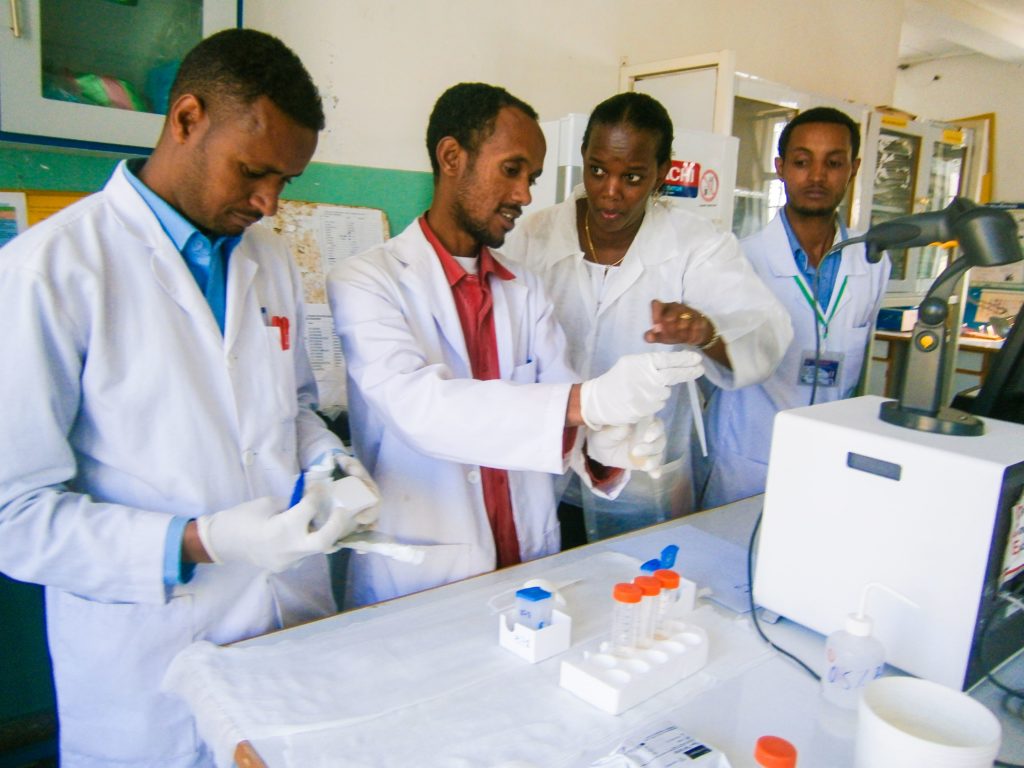
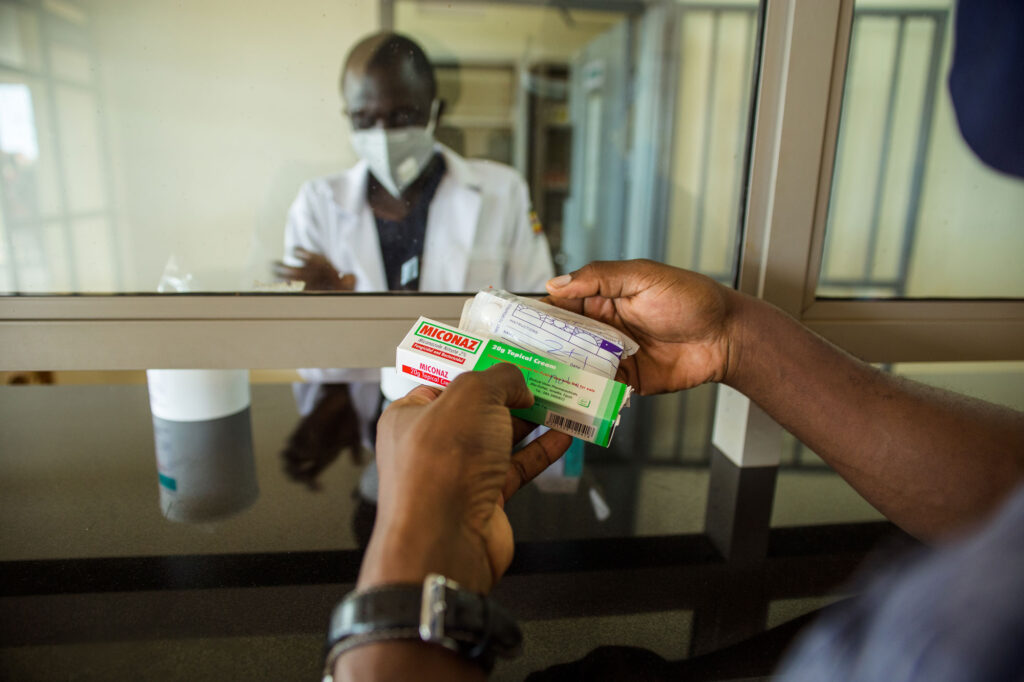
Strengthening Supply Chain and Pharmaceutical Systems for Sustained Health Impact
For more than three decades, Management Sciences for Health (MSH) has partnered with countries to build high-performing supply chains that ensure reliable access to safe, effective, quality-assured medicines and people-centered pharmaceutical services. MSH takes a holistic approach that fosters country-led innovation, whole-of-society engagement and collaboration, private-sector engagement, and effective leadership and governance. This ensures both reliable, affordable access to and sustainable delivery of medical products when and where they are needed and their appropriate use to save lives and improve health.
Topical
Capacity Strengthening using Digital Tools: A Lifesaving Investment in the Health Workforce
MSH supports governments to set up and manage their own virtual learning platforms and workforce development systems, building sustainable digital inf…
Legal Reforms to Improve Access to Medicines in Ukraine
Safe, Affordable, and Effective Medicines for Ukrainians (SAFEMed) Activity – May 2025 Monthly Newsletter and Success Story
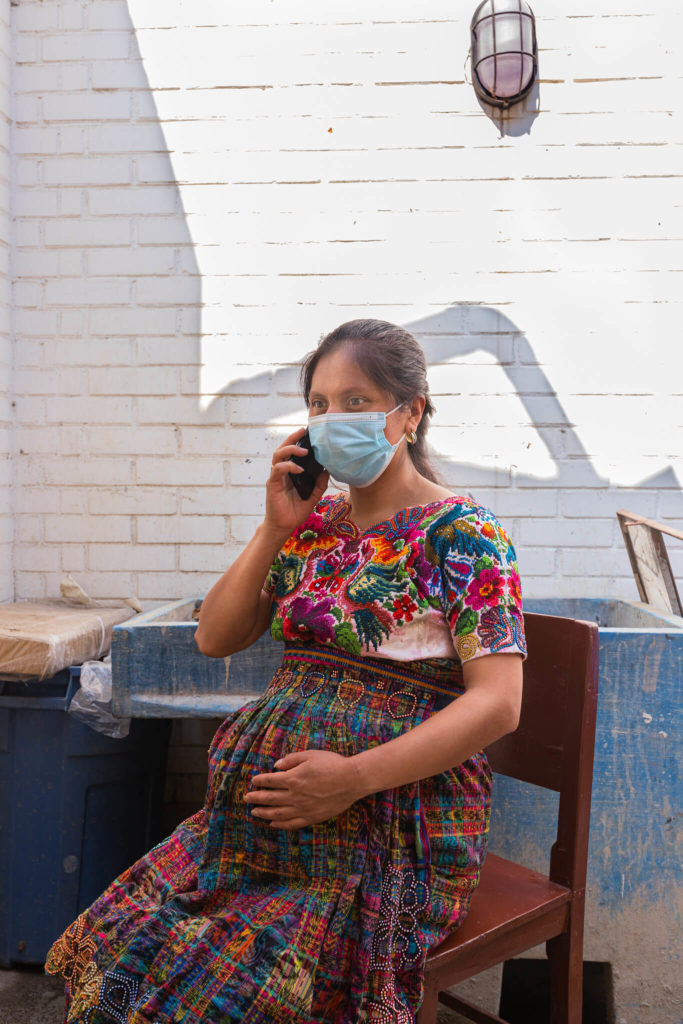
Strengthening Antenatal Care for Indigenous Women in Guatemala
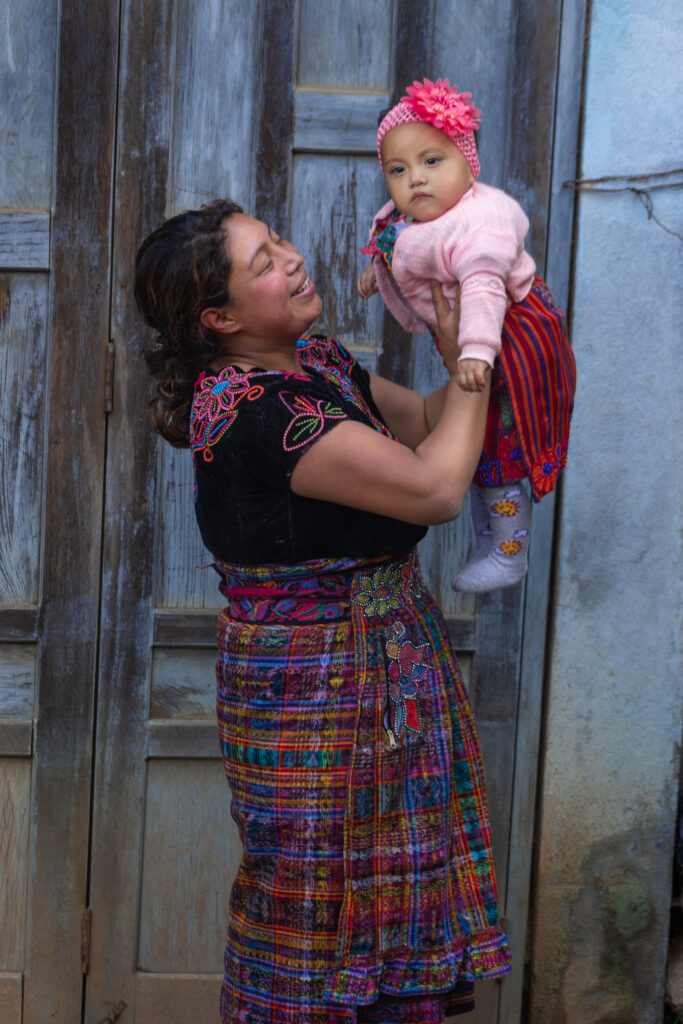
Exploring Indigenous Women’s Antenatal Care Experiences in Guatemala’s Western Highlands
Women’s Enlightenment and Early Antenatal Care Initiation Are Determining Factors for the Use of Eight or More Antenatal Visits in Benin: Further Analysis of the Demographic and Health Survey
It has been widely confirmed that by implementing appropriate evidence-based practices, ANC can save lives. The new guidelines set by the Worl…
Taking Care of Your Pregnancy: A Mixed-Methods Study of Group Antenatal Care in Kakamega County, Kenya
Abstract Traditional antenatal care (ANC) models often do not meet women’s needs for information, counseling, and support, resulting in gaps in qualit…
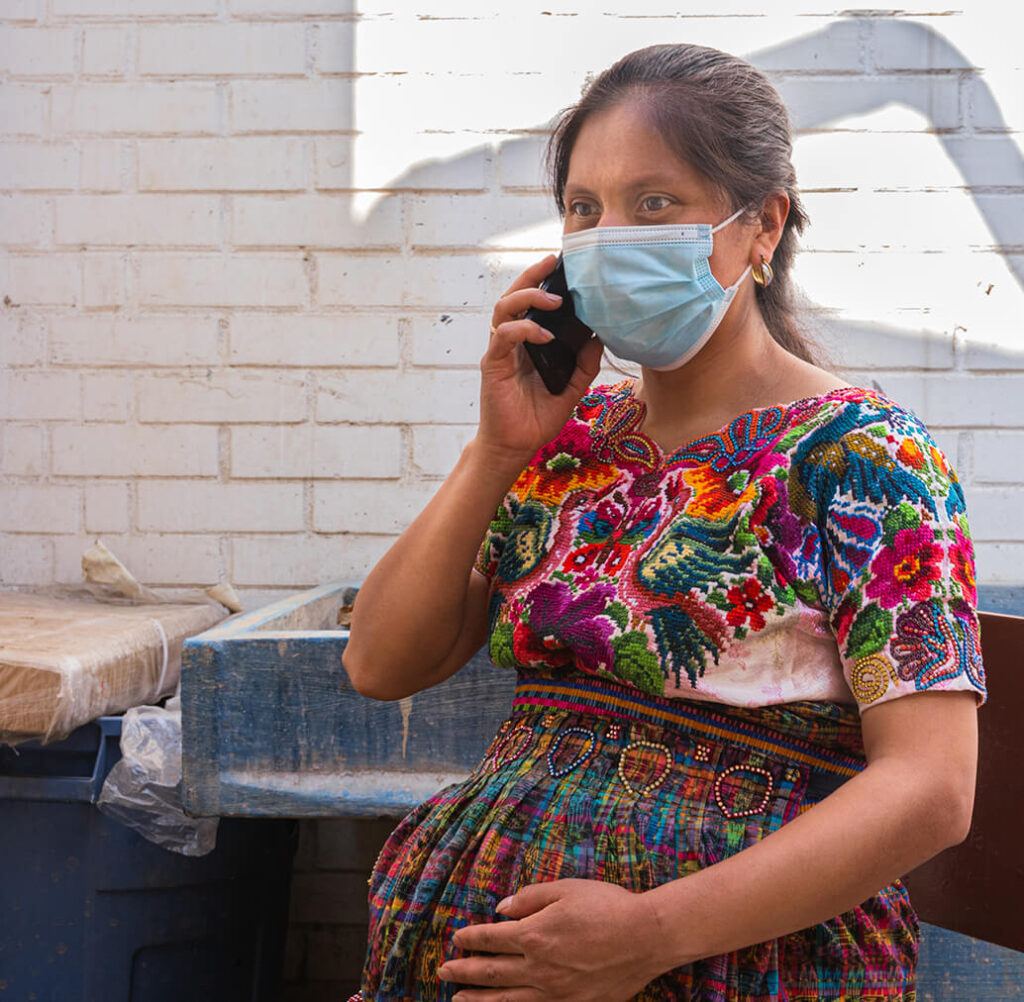
Increasing Indigenous Women’s Use of Antenatal Care by Engaging Communities
Improving Women’s Health Through Universal Health Coverage
Improving women’s health throughout the life course will contribute to other post-2015 goals. Conversely, women’s social empowerment will improve heal…
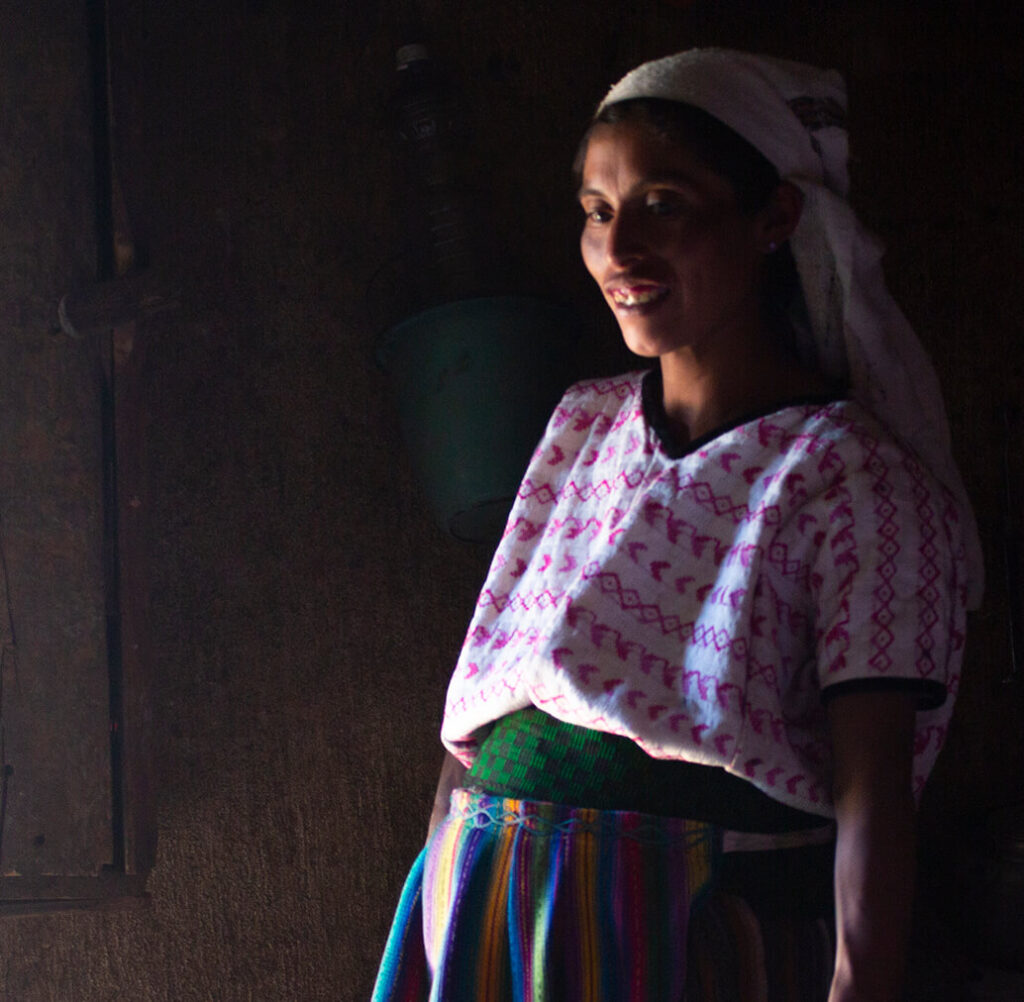
Healthy Mothers and Babies in Guatemala (Utz’ Na’n) Factsheet
Innovations in Patient-Centered Antenatal Care: A pregnancy club for women in Eastern Uganda
High-quality, patient-centered antenatal care (ANC) is a key strategy for improving maternal and newborn health and a critical component in the contin…
Strengthening the Vertical Continuum of Care
While the USAID Mikolo Project primarily worked to strengthen health care at the community level, the project also worked across all levels of the hea…
Individual-, Household-, and Community-Level Factors Associated with Eight or More Antenatal Care Contacts in Nigeria: Evidence from Demographic and Health Survey
This study was conducted to determine the prevalence of and identify the associated factors of eight or more ANC contacts in Nigeria. We used …
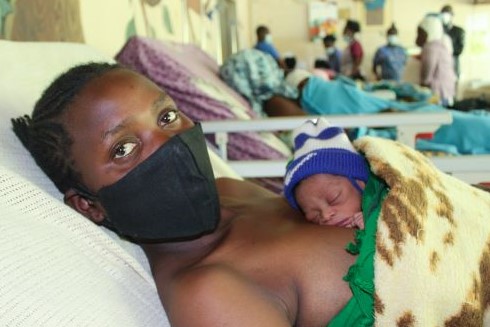
Quality, Equity, and Dignity for Women and Babies
Prevalence and Determinants of Cervical Cancer Awareness among Women of Reproductive Age: Evidence from Benin and Zimbabwe Population-Based Data
The aim of this paper is to explore the prevalence and factors associated with awareness of cervical cancer among women of reproductive age in Repu…